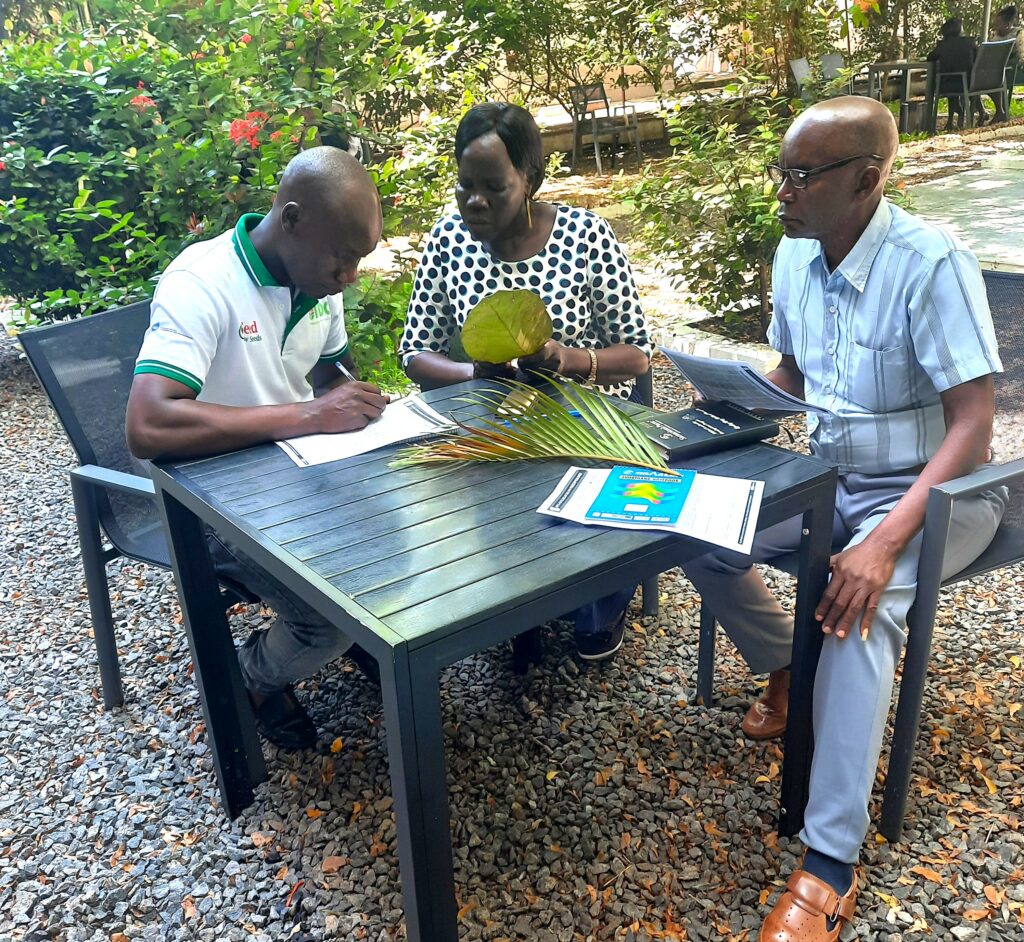CABI calls for gender equality for rural women in Pakistan
Every year, Rural Women’s Day is celebrated on 15 October. It recognizes the valuable contributions that women living in rural communities make to agriculture, food security and rural development. In Pakistan, this is important. According to Relief Web, Pakistan’s total female population is over 101 million. However, around 64 million women – more than half…
Improving plant health in Papua New Guinea with plant doctor training
Plant clinics require trained agricultural extension workers to deliver this service to farmers. However, a lack of public extension workers to reach smallholder farmers with the crop advice they need can be a common problem in many countries.
PlantwisePlus delivers plant health ‘training of trainers’ in South Sudan
South Sudan’s agricultural sector is vital to its economy and employs most of the population. The FAO estimates that up to 95% of South Sudan relies on agriculture for income. Diverse crops like cassava, maize, groundnut and sorghum characterize farming here. However, agriculture in this East African nation faces challenges. Climate change and global warming,…










